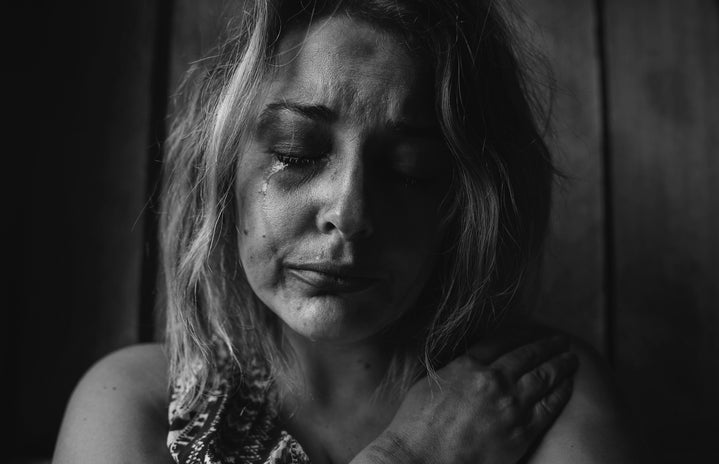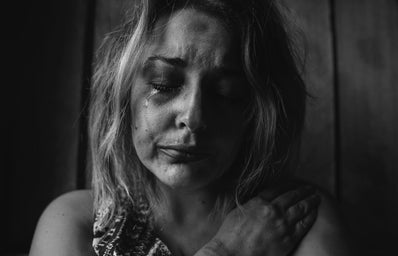Entertainment is often used as a form of escapism, a way to step away from our pain and troubles in favor of becoming immersed in a fantastical world. So why are more realistic and debatably depressing movies and television shows starting to nudge more optimistic media out of the spotlight? What is it about hurting and haunted characters that draw us in and motivate us to trade our sorrows for theirs? From teenage dramas (Skins, Euphoria) to superheroes (Jessica Jones, The Boys) to horror (The Haunting of Hill House, The Haunting of Bly Manor), here are some of the reasons we’re captivated by “broken characters.”
1. “Broken” = Complex = Interesting
The simplest explanation for this phenomenon is that no one likes a two-dimensional character. And I’m not talking about animation. We as readers/viewers crave a good story. The whole reason we’re consuming this entertainment in the first place is so that we can become immersed in the content, and if the characters or plotlines are too simple, we become disinterested and disengaged. Creators must invent obstacles for characters to overcome in order for them to show progression. It’s all well and good if a hero can beat a physical obstacle like slaying a giant or a dragon, but fighting one’s own mind and self-defeating habits is perceived as significantly harder, especially in a society that is increasingly emphasizing the importance of mental health. By making the monster internal, the writers and/or show runners are capitalizing on not only making the plot and characters more complex, they’re increasing the ambiguity of morals and ethics, thereby forcing the audience to reconsider where they stand on issues and why. The more you have to think about the subject, the more invested you are in it. And that’s how you get caught.
2. Relatability is Key
There’s a theory in communication called “the matching hypothesis.” It basically states that we’re attracted to those who are similar to us. Typically, this is in reference to romantic and physical attraction, but I believe this concept can be applied to these characters too, as we’re forming our own relationships with them in a way. The major early argument for the difference between DC and Marvel was that Marvel had flawed main characters. Early DC superheroes were meant to be inspirations, symbols of all that was good. However, wanting to be someone is different than seeing yourself in someone, and DC has tried taking a turn into darker realms with recent emphasis on Harley Quinn and the disputed Joker. Their recent turn is an attempt to cater to audience’s want for flawed characters.
The matching hypothesis is also the reason people seem to have a disdain for the “every person in a movie is gorgeous” trope. Having beautiful characters with mental trauma arguably causes them to be seen as “emotionally ugly,” allowing a psychological connection if not a physical one.
3. We Like to Sulk, But We Also Like to Hope
This isn’t a drag on anyone who’s feeling emotionally worn-out or who has mental health issues. I have quite a few issues in the old noggin myself. Our pain is real and it isn’t something to be downplayed. However, we have a tendency to wallow in our pity, something that often makes our problems worse. Emotions are heightened in entertainment, and we as an audience select films based either on how we feel or how we want to feel. Hence, when someone is sad, they either watch The Notebook to cry it out or some cheesy comedy movie to make them feel better. Since we often believe that no one knows exactly how we feel, characters that are hurting in the same ways that we are instantly bond us, and we feel personally invested in their outcomes. If they find a way out, so can we. If they fall, it can either trigger us or be a cautionary tale about the hazards of falling prey to your own mind.
We connect with broken characters because we are fascinated by flaws. As much as we like escapism, there’s also a part of us that wants realism. If the story takes place in a fantasy world but includes a character that struggles with addiction, we have something to ground us in reality. By projecting ourselves onto these fictional people who are seemingly thriving but, at the same time, sharing our struggles, they become emotional extensions of us. And there’s comfort in that. But there must also be caution because they can become an addiction. And that can be a hard hole to climb out of.


